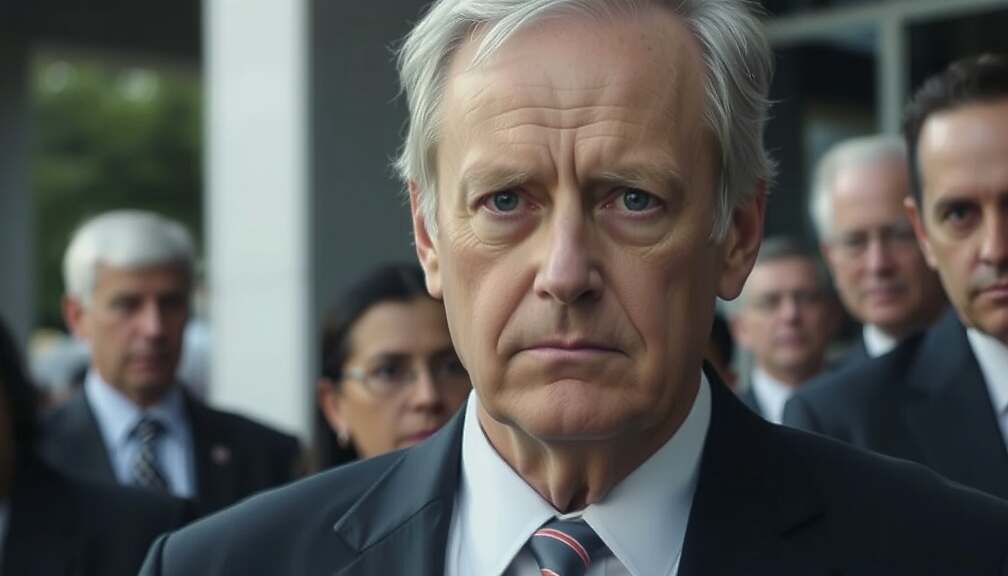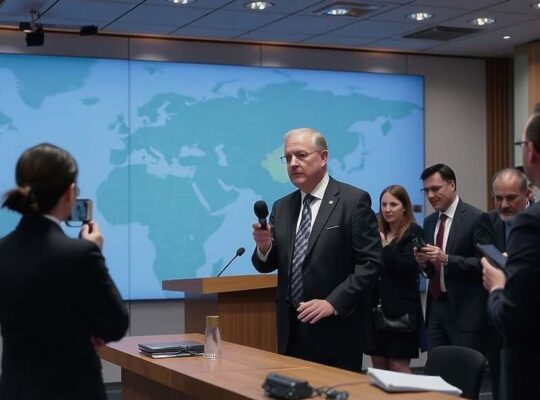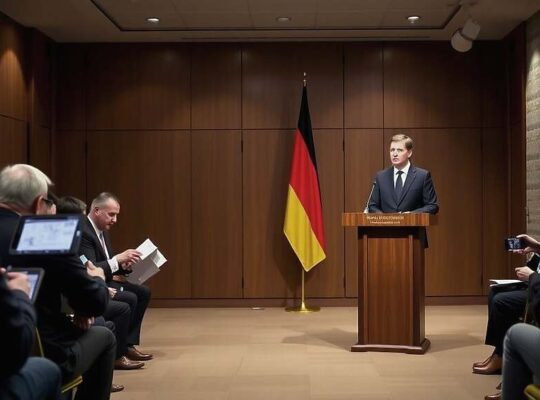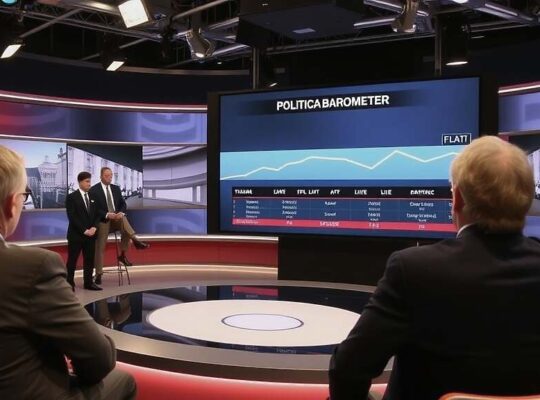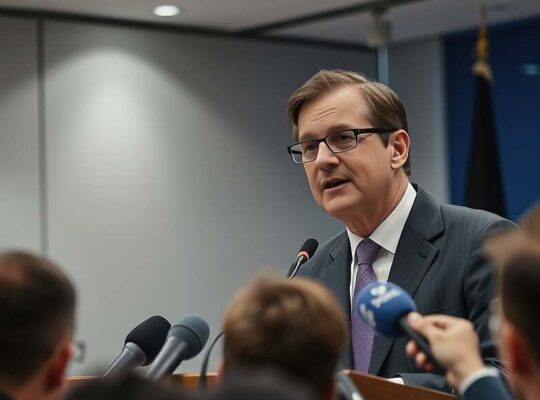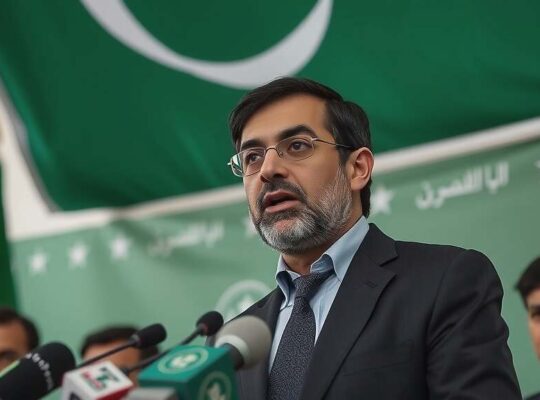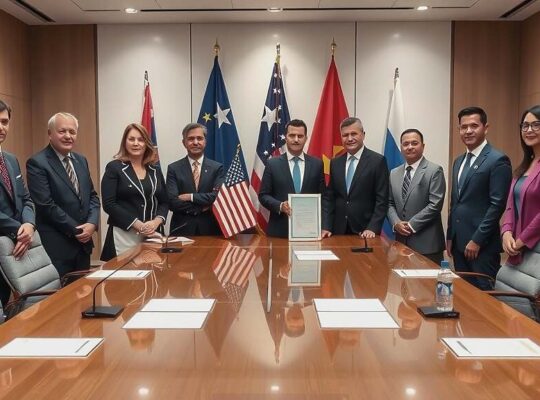The former Constitutional Court judge, Udo Di Fabio, has cautioned against initiating a ban procedure against the Alternative for Germany (AfD) party, while acknowledging concerns regarding its increasingly radical tendencies. While observing the party is appropriate, Di Fabio stated that the evidence presented by the Federal Office for the Protection of the Constitution has not yet been convincing enough to justify classifying the party as fundamentally hostile to the constitution.
Di Fabio, now a professor at the University of Bonn, expresses concern that a failed ban procedure could inadvertently strengthen the AfD. He further warns that even a successful ban could produce a “Pyrrhic victory” potentially leading to the emergence of an even more radical political faction. He suggests that a more effective strategy involves politically weakening the party.
Di Fabio points to the current federal government’s perceived seriousness in addressing migration as a factor already limiting the AfD’s growth. He believes that continued demonstrable action and competence from the ruling coalition can further diminish support for the party. He advocates for a display of governmental effectiveness and clear communication, rather than adopting the AfD’s political platform. Early indications suggest this approach might be gaining traction.
Separately, Di Fabio voiced understanding for Israel’s military actions against Iran, citing Tehran’s persistent threat to regional stability. He describes Iran’s support for various armed groups as creating a “ring of encirclement” around Israel and posing a latent threat to countries like Saudi Arabia. He warned that an Iranian nuclear weapon in the hands of such an “aggressive power” would be exceptionally dangerous.
Di Fabio also noted the potential for other nations to emulate such military escalations, explaining that international law evolves through practice and is influenced by political realities. He defended Chancellor Friedrich Merz’s controversial statement regarding Israel performing “dirty work” on behalf of everyone, arguing that weakening Iran serves the peace interests of many nations, including the Iranian people themselves.
Asserting the need for a clearer recognition and defense of national interests, Di Fabio commented that while he might have chosen different wording, the prevailing tendency toward overly diplomatic descriptions of problems may have contributed to voter disengagement and a disconnect from politics.


